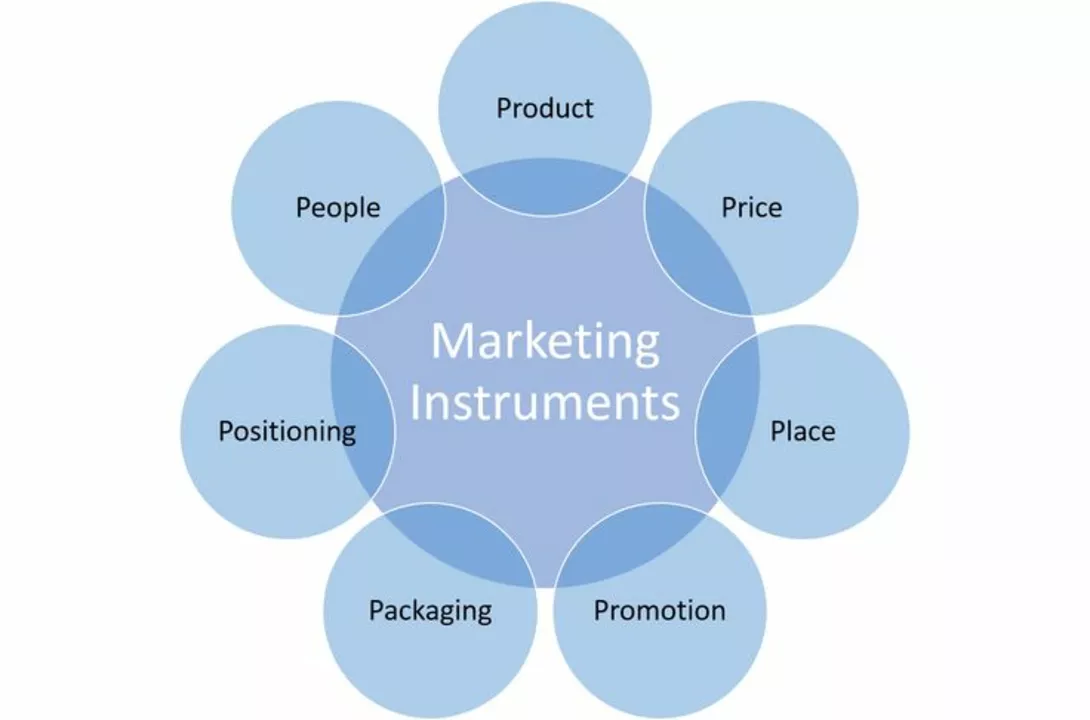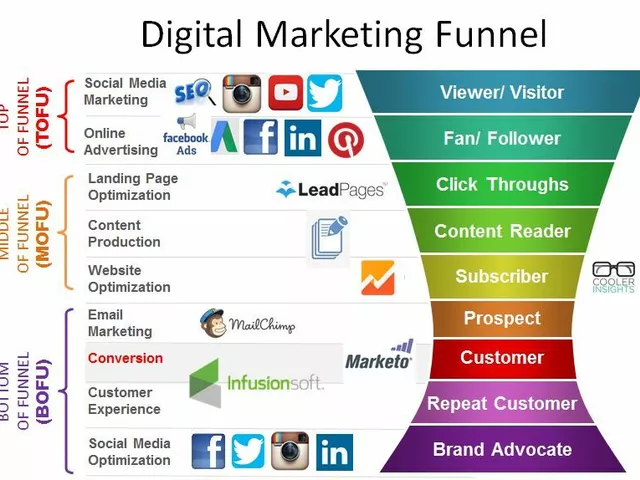Marketing Automation Solutions: What They Are and Why You Need Them
Ever feel like you’re stuck juggling emails, social posts, and ad schedules? Marketing automation tools are designed to take those repetitive tasks off your plate so you can focus on strategy. In plain terms, they let you set up rules—like sending a welcome email when someone signs up—so the system does the work for you.
Who Really Benefits from Automation?
If you run an e‑commerce store, you probably have hundreds of product launches, sales, and cart‑abandonment emails each month. Automation can trigger personalized messages at the right moment, boosting conversion without you lifting a finger. Digital marketing agencies also love these tools because they manage multiple client campaigns from a single dashboard, saving hours of manual reporting.
Even small startups find value. Imagine you just launched a new SaaS product. Instead of sending the same onboarding email to every new user, you set a drip sequence that guides them step‑by‑step based on their activity. The result? Higher retention and less time spent on repetitive outreach.
Key Features to Look For
When you shop for a marketing automation platform, focus on a few must‑have features. First, email workflow builders let you create visual sequences without coding. Second, lead scoring helps you rank prospects based on behavior, so sales teams know whom to chase. Third, integration capabilities—like connecting to your CRM or e‑commerce platform—ensure data flows smoothly.
Another practical feature is analytics dashboards. They show open rates, click‑throughs, and revenue attribution in real time. With that insight, you can tweak campaigns on the fly instead of waiting for a monthly report.
Now, let’s talk cost. Many tools offer a free tier with basic email automation—perfect for beginners. As your list grows, you’ll likely need a paid plan, but the ROI usually pays for itself quick if you’re saving several hours a week.
Want a quick start? Begin with a single workflow: a welcome series for new subscribers. Draft a friendly greeting, a follow‑up with your top content, and a final email offering a discount or free resource. Test it, watch the metrics, and iterate.
Remember, automation isn’t a set‑and‑forget monster. Regularly review your triggers and content to avoid sending outdated info. A quick quarterly audit keeps everything relevant and improves performance.
Bottom line: whether you’re a solo blogger, an e‑commerce store, or a growing agency, marketing automation can cut manual work, boost engagement, and drive sales. Start small, measure results, and scale the workflows that move the needle.

